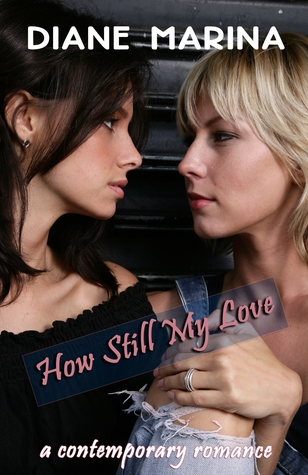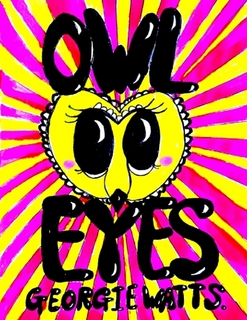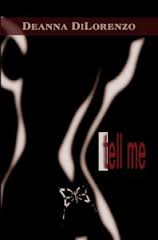Familiar with Diane Marina’s work, I expected quite the good read as I delved into How Still My Love; however, I did not anticipate that I would be thrust into a world of characters who could so effortlessly elicit an emotional investment beyond what I am willing to contribute to my own experience. Navigating the mundane aspects of my day-to-day life while between chapters, I’d find myself swept away by everything from desire and intimate surrender to desperation and heartbreak. Time and time again, I’d have to remind myself that I was indeed not in the throes of passion or crisis; yet, upon setting the book down for the night, this more vivid world inhabited my dreams.
Having sustained a broken heart in a physically and emotionally abusive relationship several years before, Beth Anders pours her passion into her graphic design studio. Sure, she’s had a few casual encounters, but she has no interest in risking further hurt. That doesn’t dissuade her best friend, Laurel, from matchmaking however; and, Beth reluctantly concedes to a dinner with Laurel, her husband, and her co-worker, Toni Vincent, who Laurel believes to be the woman of Beth’s dreams.
Indeed, it’s lust at first sight and love shortly thereafter. Beth and Toni’s feelings for one another grow quickly, and it doesn’t take long for them to begin building a life together; yet, just a way down the road, they find that they may not have fully grasped one another’s visions for the future. Such a conflict of needs tends to have no easy resolution, but the couple’s lack of communication, resentments and fear-based behaviors turn a challenging situation into something that very well may prove downright devastating.
Be they scenes of intimacy, ecstasy or gut-wrenching loss, Marina writes them all with power, clarity and an understated intensity that packs all the more punch for its skillful lack of melodrama. All the while, I found her sense of pacing, character development and plot progression to be flawless. The unfolding of Beth and Toni’s relationship is nothing shy of masterfully executed for I felt so palpably the lusty anticipation of intimacy, the comfort and familiarity a few years in and the mingling of desperation and rage in the face of betrayal. Lest I neglect to mention, her penning of the bedroom scenes is sexy without an ounce of the lewd or ridiculous.
As much as I appreciate Marina’s strengths as an author, it is the impact and resonance of her work that left me in a state akin to afterglow upon turning the final page. In that moment, I experienced an undeniable sense of gratitude that Marina would provide such a lush and poignant experience for her readers. I certainly don’t indulge in emotionality or invest my heart to the extent I did while immersed in the life Beth and Toni shared; and, from one jaded soul to perhaps another, that vicarious surrender is a rare and precious gift.









